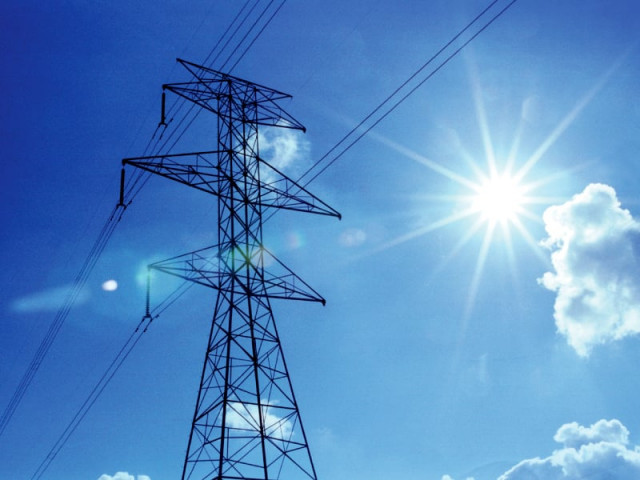Endeavour: ‘Pak-Afghan transit agreement will help development’
ICCI chief says energy crisis is a major hindrance to growth.

Endeavour: ‘Pak-Afghan transit agreement will help development’
ICCI President Muzzamil Hussian Sabri said the crisis has taken a heavy toll on economic growth as it has negatively affected productivity. He said Pakistan has already suffered from a low gross domestic product (GDP) due to power shortage, and the government should endeavour to mitigate this major constraint.

He added that the electricity transit agreement was a major step towards realising the Central Asia and South Asia vision (CASA-1000 vision). He was hopeful that the energy import through CASA-1000 would contribute positively in reducing the power deficit and facilitate growth of business activities.
Sabri stressed upon the policymakers to focus on exploiting the indigenous hydropower potential, which is available in abundance in Pakistan. He said according to a Wapda study, the hydropower potential in Pakistan was over 100,000MW – with identified sites of 59,000MW – and it was unfortunate that no government took any tangible measure to exploit this potential despite the low cost and high benefit of hydroelectricity.
“During the 1980s, there was a 65% hydropower share in our total energy production,” said Sabri. “But due to lack of planning, the number has fallen to around 35%, which is costing Pakistan dearly.”
He said that the thermal power tariff in Pakistan was highest in the region due to which there is a high cost of doing business in the country, adding that hydropower would bring down production cost significantly as its Rs1.35 per unit compared to Rs16.99 per unit of thermal power.
The ICCI chief was of the view that focus on hydropower would generate multiple benefits for the country as it would bring down production cost, reduce inflation, facilitate growth of business, make exports competitive and accelerate the pace of economic growth.
Published in The Express Tribune, October 14th, 2014.
Like Business on Facebook, follow @TribuneBiz on Twitter to stay informed and join in the conversation.



















COMMENTS
Comments are moderated and generally will be posted if they are on-topic and not abusive.
For more information, please see our Comments FAQ